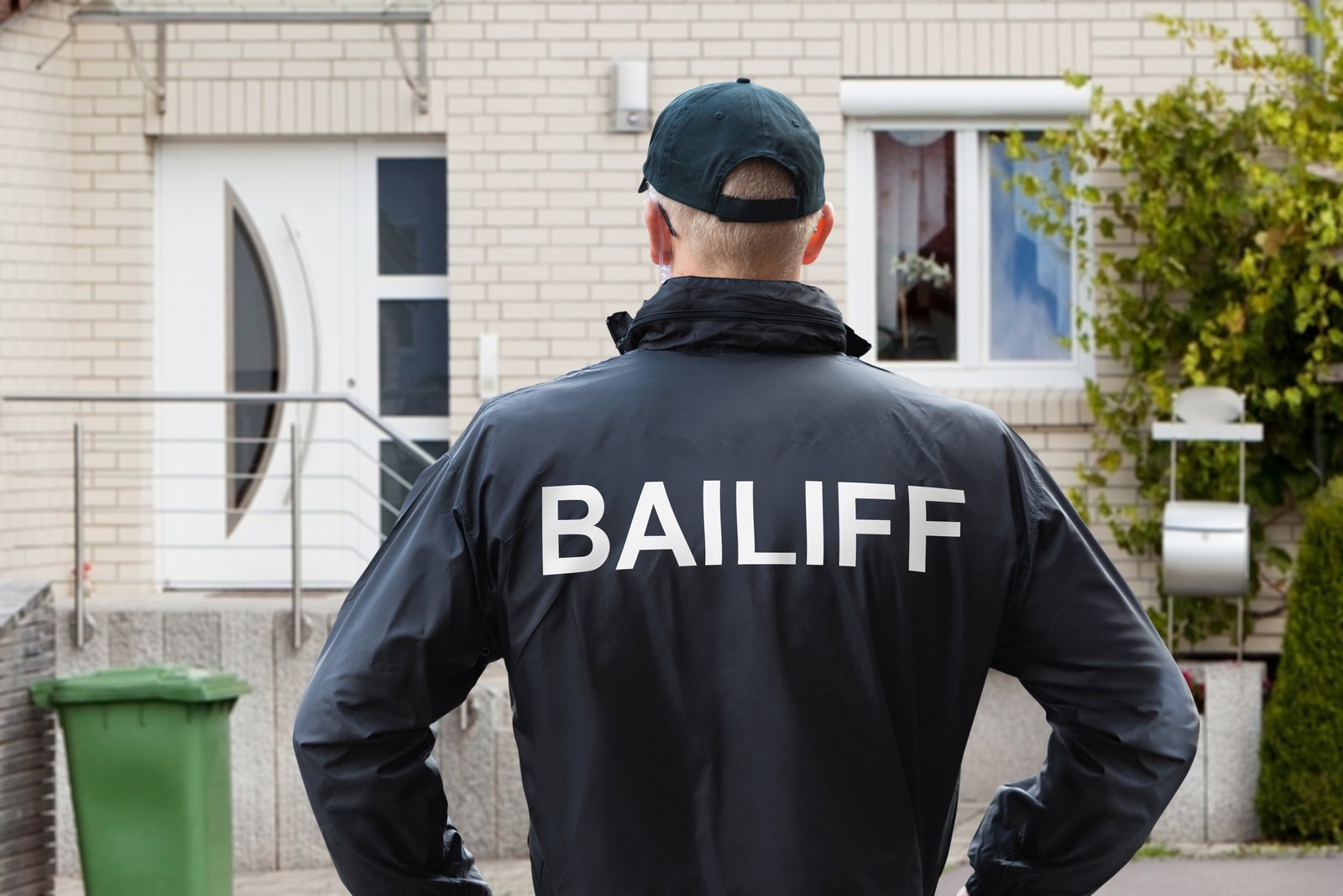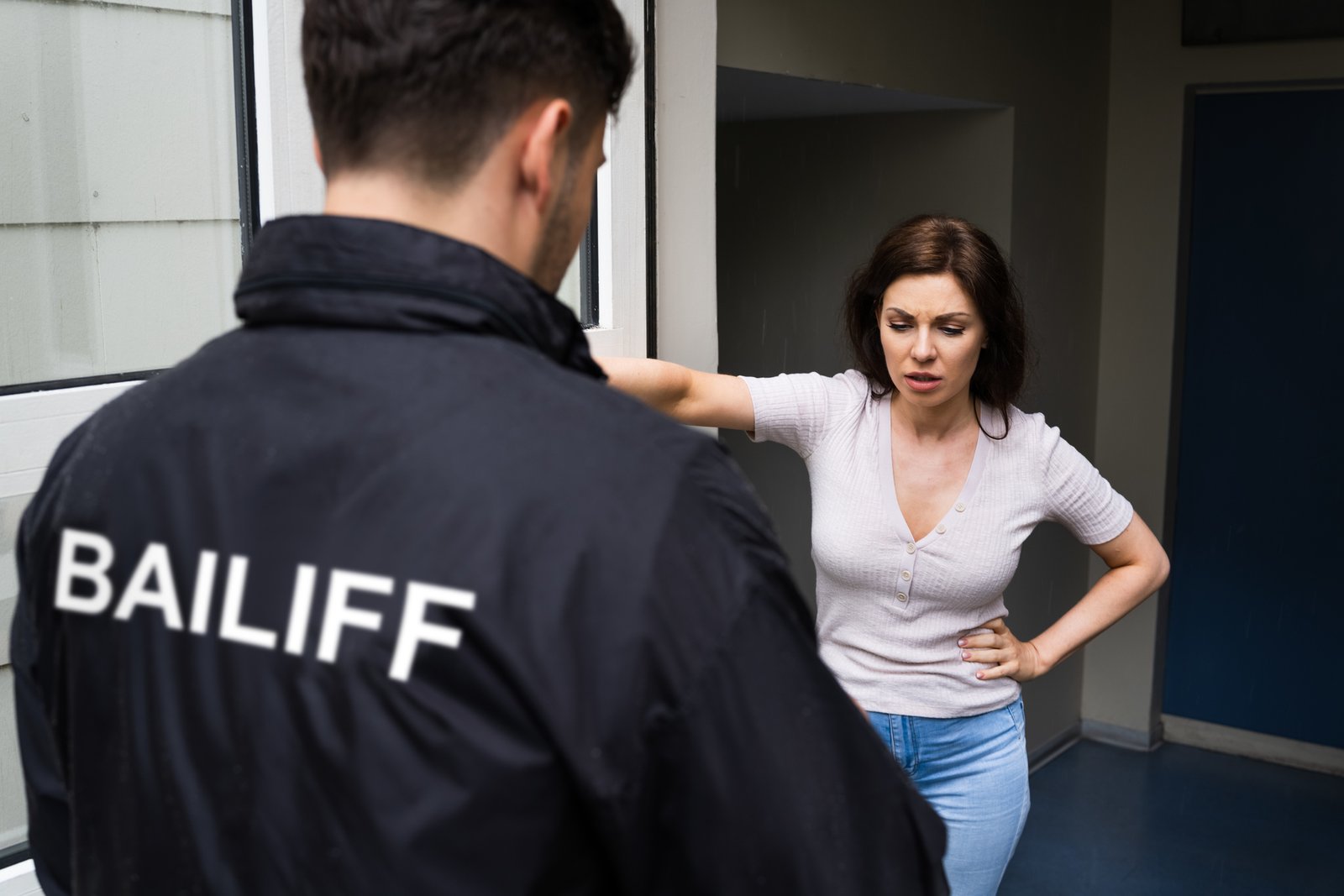Discovering that a County Court Judgment (CCJ) may be registered against you can feel worrying, but finding out is the first step towards sorting the situation. This guide explains what a CCJ is, how to check if you have one, and what can happen if it remains unpaid.
What Is a CCJ (County Court Judgment)?
A County Court Judgment (CCJ) is a formal court order issued when someone fails to repay money they owe. It usually happens after a creditor has tried to recover the debt and taken legal action through the county court. If the court decides the debt is owed, it issues a CCJ instructing you to repay the amount, either in full or through agreed instalments.
A CCJ is often issued when court papers are ignored or not responded to in time. This means you might not even realise a judgment has been made until you receive a letter, check your credit file, or are contacted by bailiffs.
Once a CCJ is issued, it is recorded on the Register of Judgments, Orders and Fines and will usually appear on your credit report. This can make it harder to obtain credit, rent a property, or pass certain financial checks.
How to Check if you have a CCJ
There are two main ways to find out if a CCJ is registered against you:
✅ Check the public register
You can search the Register of Judgments, orders and fines online. There may be a small fee.
✅ View your credit report
A CCJ will appear on your credit file. You can check your report through any major credit reference agency.
If you find a CCJ you weren’t aware of, take action quickly — you may still be able to challenge or arrange repayment.
What Happens if I ignore a CCJ?
Ignoring a CCJ won’t make it disappear. Instead, it can lead to:
- Bailiffs being instructed
- Money being taken from your wages
- Bank accounts being frozen
- A charging order against your home
- You also lose the ability to defend the claim or agree affordable repayment terms.
What Happens If an Unpaid CCJ is not paid?
If a CCJ is not paid, creditors can escalate recovery. This may include:
- A warrant of control (allowing bailiff action)
- Taking money directly from wages
- Applying charges against property
- Unpaid CCJs can also lead to further fees and added stress
Does a CCJ Expire?
A CCJ remains on your credit file for six years from the date it was issued, regardless of whether you repay it.
If you pay the CCJ in full within one month, you can apply to have it removed from your credit record. If paid after one month, it remains but is marked as “satisfied.”
After six years, the CCJ will drop off your credit file. However, in some cases creditors may still try to enforce it, depending on circumstances.
Can Bailiffs Force Entry for a CCJ?
If you don’t deal with a CCJ, creditors can instruct bailiffs to collect what you owe once they have the correct enforcement warrant.
For most household debts, bailiffs cannot force entry through your main door — they must be allowed in peacefully. However, they may return and add fees until the debt is resolved.
Checking whether you have a CCJ is an important first step in taking back control. If you find one, it’s crucial to act quickly — you may be able to arrange payment, dispute it, or explore debt solutions that prevent further action.
If you’re dealing with a CCJ or worried about bailiffs, Bailiff Helpline can guide you, help you understand your rights, and support you in stopping enforcement.







